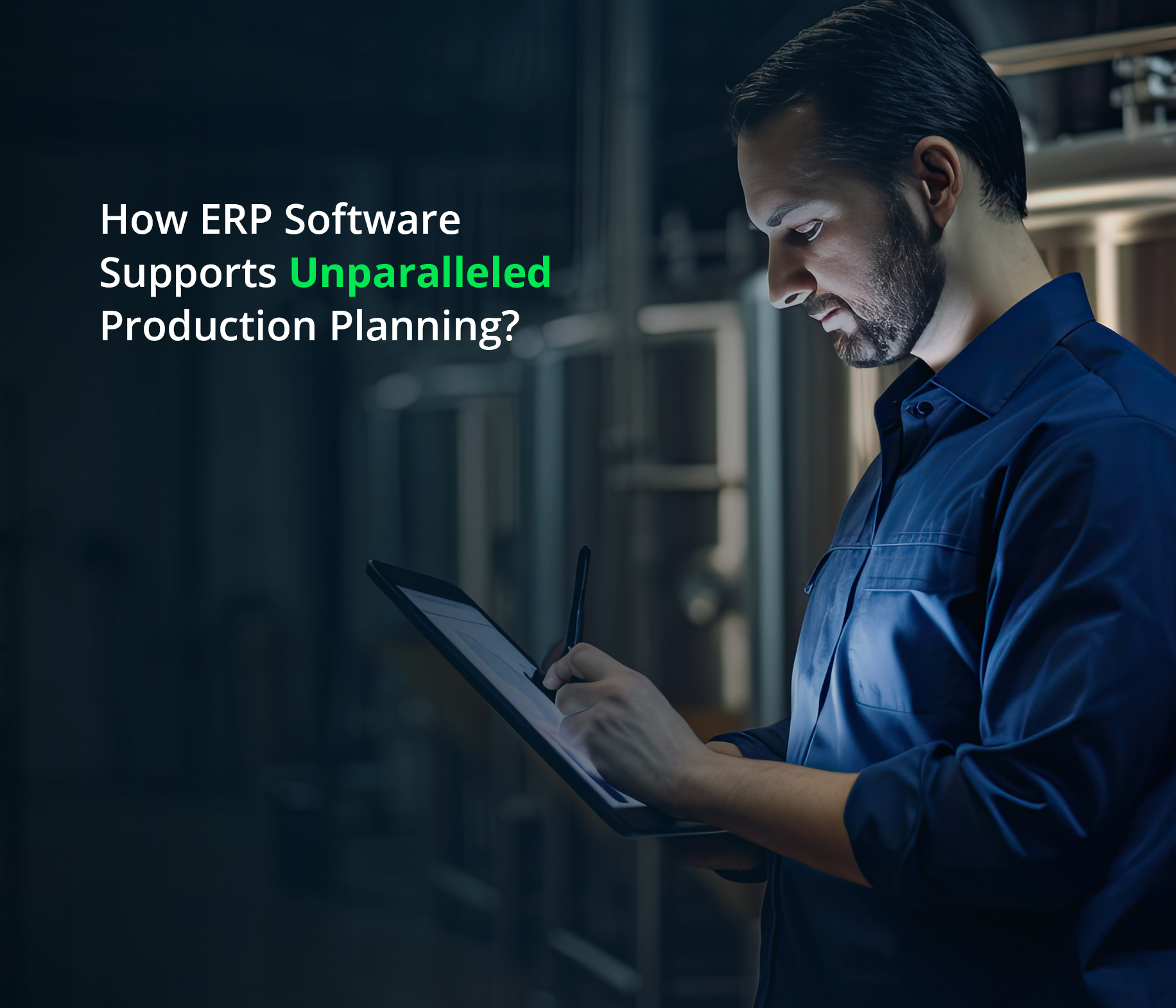Steps to Mitigate ERP Implementation Risks
Significance of effective project management
Effective project management is the backbone of successful ERP implementations. It ensures coordination, timely execution, and resource allocation to achieve project objectives. With a well-structured approach, organizations can mitigate risks, maintain project quality, and align stakeholders for a seamless ERP journey. Prioritizing project management sets the stage for efficient workflows, on-time delivery, and the realization of business goals through the transformative power of ERP systems.
Thoroughly research and choose the right ERP system
Conduct comprehensive research to identify ERP systems that best suit your business needs. Evaluate various ERP vendors and solutions to identify those that best align with your organization's requirements, scalability, and industry-specific needs. Consider factors such as functionality, integration capabilities, and vendor reputation. Choosing the right system lays the groundwork for a seamless transition and ensures that the technology is a perfect fit for your business, driving efficiency and growth in the long run.
Identifying implementation risks
Identifying implementation risks is crucial in ERP projects. Conducting a thorough assessment allows organizations to proactively recognize potential obstacles hindering the project's progress or success. Businesses can develop effective mitigation strategies by anticipating and addressing risks such as data migration challenges, resource constraints, and scope creep, ensuring a smoother and more successful ERP implementation.
Developing a comprehensive project plan
Developing a comprehensive project plan is a foundational step in successful ERP implementations. This well-structured blueprint outlines the project scope, timelines, milestones, and resource allocation. It acts as a roadmap, guiding all stakeholders and ensuring clear objectives and expectations. A robust project plan enables effective coordination, efficient workflows, and better project control, laying the groundwork for a successful and streamlined ERP implementation journey.
Allocating resources wisely
Allocating resources wisely is essential for a smooth ERP implementation. It involves strategically assigning skilled personnel, managing budgets, and providing necessary tools and ERP software. Proper resource management ensures optimal utilization, timely completion, and the ability to handle unforeseen challenges. With efficient resource allocation, organizations can enhance project outcomes and ensure a successful ERP integration.
Emphasizing risk mitigation strategies
Emphasizing risk mitigation strategies is crucial in ERP project management. Identifying potential risks and developing proactive measures to address them ensures smoother implementation. ERP implementation strategies such as contingency plans, regular assessments, and effective communication minimize uncertainties. By prioritizing risk mitigation, organizations can safeguard against potential setbacks, ensure project success, and achieve optimal results from their ERP initiatives.

Setting realistic project timelines
Setting realistic project timelines is vital for successful ERP implementations. It involves considering the complexity of the ERP system, the organization's size, and the scope of implementation. Realistic timelines allow for effective planning and resource allocation, preventing undue pressure on teams. With achievable deadlines, organizations can ensure steady progress, maintain quality standards, and achieve successful ERP project outcomes within the specified timeframes.
Promoting stakeholder communication and collaboration
Promoting stakeholder communication and collaboration is essential in ERP project management. Regular updates, transparent communication, and active engagement with all stakeholders build trust and alignment. Effective collaboration ensures everyone understands project progress and goals, fostering a unified effort. By valuing stakeholder input and maintaining open channels of communication, organizations can enhance decision-making and drive the ERP project toward successful completion.
Conducting regular project assessments
Conducting regular project assessments is crucial to ERP implementation success. These evaluations help track progress, identify deviations, and make necessary adjustments. Continuous monitoring ensures effective risk assessment in ERP implementation and allows project managers to address challenges promptly. Organizations can maintain momentum, deliver high-quality outcomes, and ensure successful ERP project completion by staying proactive and responsive to project developments.
Prioritizing change management and user adoption
Prioritizing change management and user adoption is paramount in ERP projects. Engaging employees and preparing them for system transitions fosters smooth integration. Clear communication, training, and support initiatives empower users to embrace the change confidently. By prioritizing user adoption, organizations can maximize ERP system utilization, achieve desired outcomes, and drive overall organizational success by effectively implementing new processes and technologies.
Celebrating milestones and achievements
Celebrating milestones and achievements boosts team morale and reinforces collective effort in ERP projects. Recognizing accomplishments motivates team members to excel and fosters a positive work environment. By acknowledging progress, organizations promote a sense of achievement and dedication, fueling momentum toward successful ERP project completion. Celebrating milestones is a powerful tool to inspire and unite teams, ensuring continued commitment to project goals and overall success.
Conclusion
ERP implementations involve highly complex technical and organizational change management. Without rigorous project governance, schedules and budgets can spiral out of control. By leveraging best practices, ERP project managers can lead successful deployments.
At Focus Softnet, we have teams working towards making the ERP deployment hassle-free. Fill in the form to know more.






